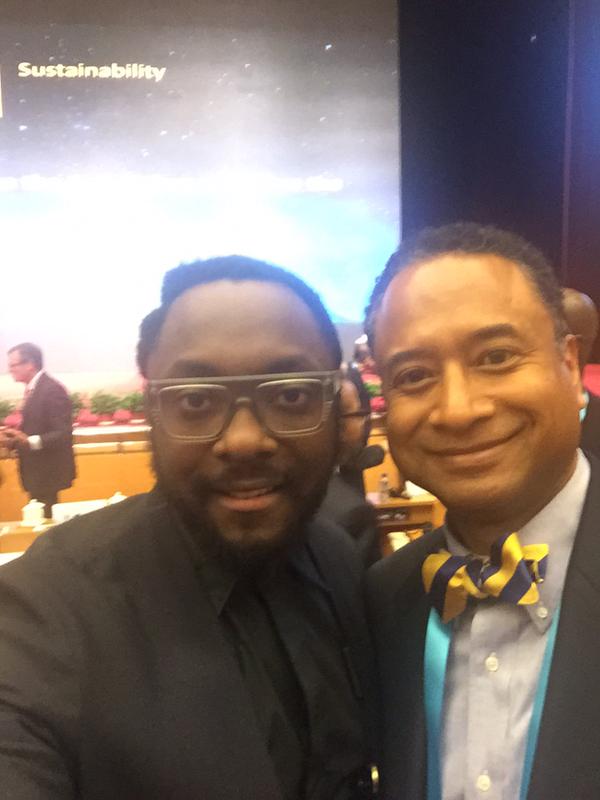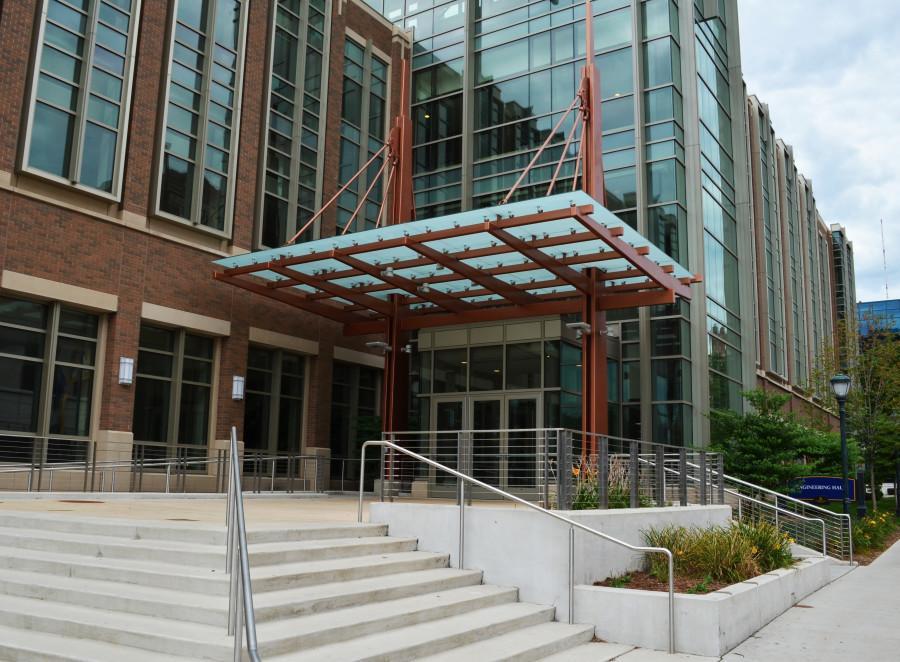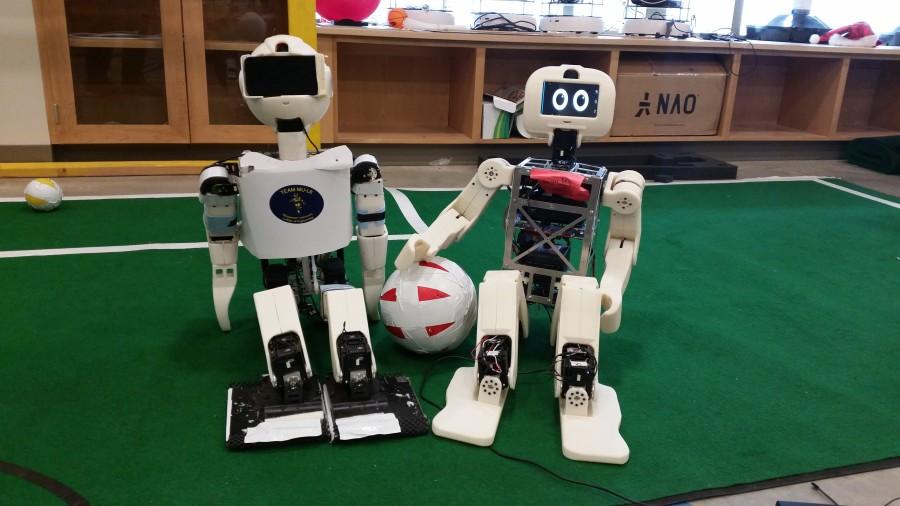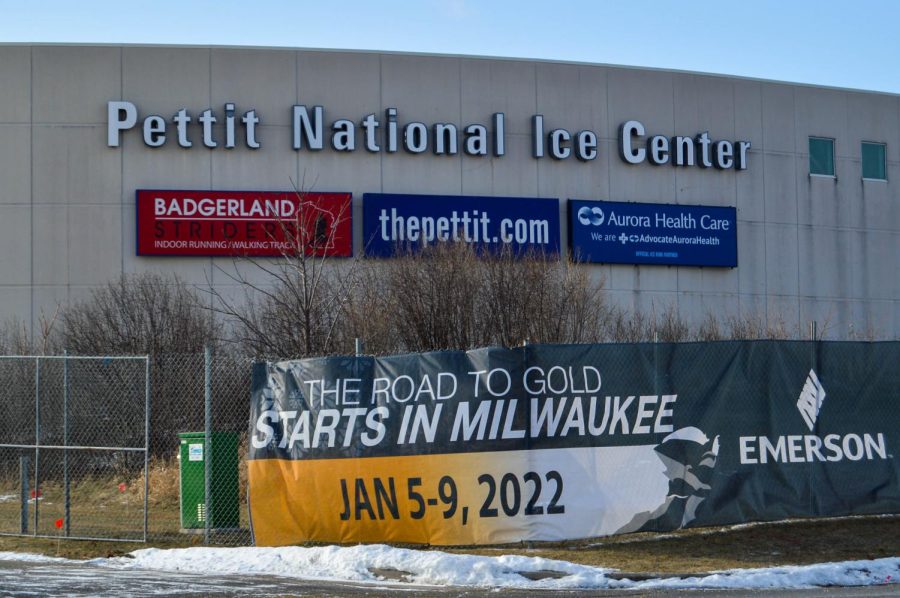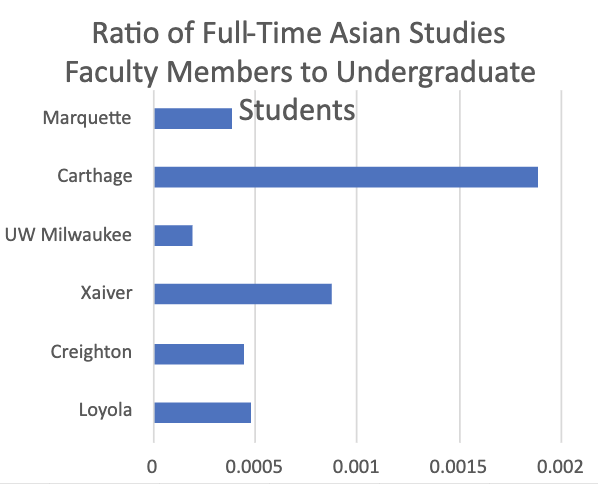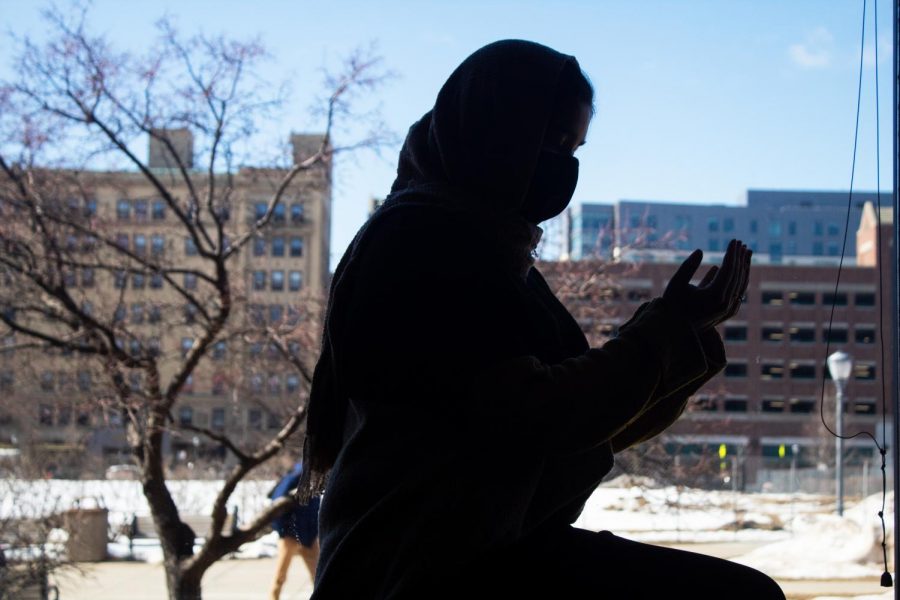Marquette Engineering Professor Andrew Williams attended the Global Grand Challenges Summit in Beijing.
The summit, which was held Sept. 15 and 16, is an international conference for world engineering leaders. They gathered and pursued ways to address pressing issues in the world today. It is a collaborative effort between the Chinese Academy of Engineering, the U.S. National Academy of Engineering and the Royal Academy of Engineering.
Williams was invited to this year’s summit.
“Williams was invited to contribute to this international dialogue because of his national leadership and expertise in robotic technologies used to address some of the world’s most critical problems in education, human health and STEM workforce development,” said Kristina Ropella, dean of the College of Engineering, in an email.
Williams also has a number of government funded projects aimed at improving science, technology, mathematics and engineering education through technological innovation.
“As you look around the globe, there are some pressing problems facing humanity… that engineers can and must address,” Williams said in an email. “But these problems cannot be solved in isolation.”
This year’s summit was the second of its kind. It focused on a wide variety of issues, from quality of living and education to energy and sustainability. It is a place to brainstorm ideas for innovation and improvement. Attendees work not only as engineers, but as global citizens in collaboration for change.
“Just being in Beijing, it was clear that air quality for our world is becoming a major concern,” Williams said in an email.
According to the NAE Grand Challenges website, two of the 14 goals worked on during the summit are to manage the nitrogen cycle and improve urban infrastructure. Air quality in polluted cities will be a target for change.
Some notable speakers at the summit were Jack Ma, founder and executive chairman of Alibaba Group, and Robert Socolow, a Princeton sustainability expert.
Will.i.am from the Black Eyed Peas also spoke. He spoke about engaging the next generation of students in STEM, especially in his work with low-income students in L.A. and London. He demonstrated his own wearable technology, a watch called Puls.
The inaugural summit was held in London in 2013, and the next is scheduled to be in the United States two years from now.

